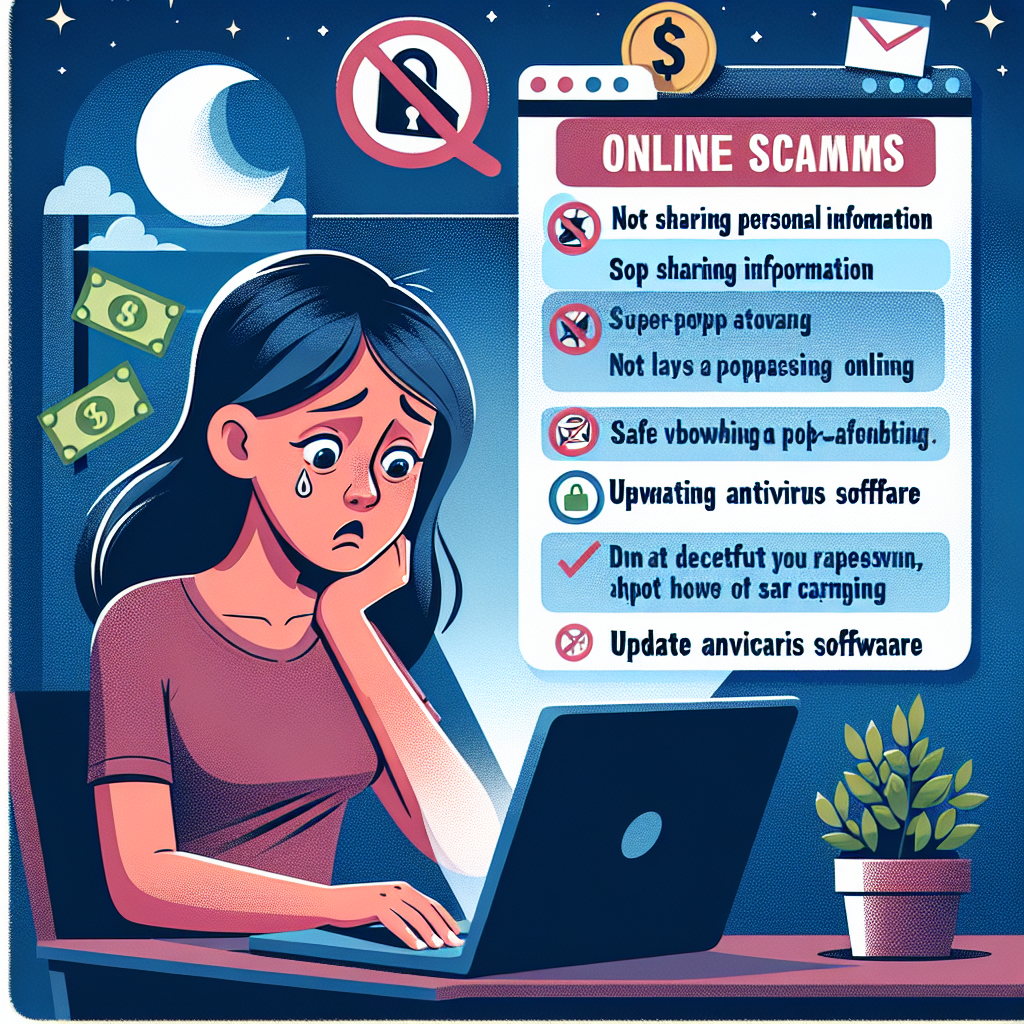
We all think we're too smart to fall for scams, right? That's exactly what I thought until I became another statistic in the growing world of online fraud. Today, I'm sharing my humbling experience and the valuable lessons I learned to help you avoid the same costly mistakes.
The Setup
It started with an Instagram message about a "limited-time investment opportunity." The profile looked legitimate - hundreds of followers, professional photos, and even testimonials from satisfied clients. The scammer had clearly done their homework, even mentioning mutual connections we shared. Red flag number one: I ignored my gut feeling because the social proof seemed so convincing.
How They Got Me
The scammer used a technique called "trust building." For two weeks, they sent me educational content about cryptocurrency investments, shared small successful trades, and was always responsive to my questions. They weren't pushy - quite the opposite. They made me feel like I was the one making all the decisions. When I finally decided to invest $3,000, it felt like my choice entirely.
The moment I transferred the money to their "secure trading platform," everything changed. Suddenly, there were "technical issues" with withdrawals. Then came the requests for additional fees to release my funds. Classic signs I should have recognized from the beginning.
Red Flags I Missed:
- Too-good-to-be-true returns promised (50% in just two weeks)
- Pressure to act quickly due to "limited time offers"
- Investment platform I couldn't verify independently
- Request for payment through cryptocurrency only
- No official company registration or licenses
How to Protect Yourself
1. Research Extensively
Never invest without thoroughly investigating the company, platform, and individuals involved. Check official registrations, licenses, and legitimate review sites. If something seems off, it probably is.
2. Verify Everything
Double-check all claims independently. Contact official websites directly rather than through links provided. Call phone numbers you find yourself, not ones given to you.
3. Trust Your Gut
If something feels wrong, it probably is. Scammers are experts at making you doubt your instincts through social proof and psychological manipulation.
4. Never Rush
Legitimate investments don't require immediate action. Take your time to research and consult with trusted financial advisors.
5. Use Secure Payment Methods
Credit cards and official payment platforms offer fraud protection. Cryptocurrency and wire transfers usually can't be recovered once sent.
The Aftermath
I lost my $3,000, but I gained something valuable - experience and wisdom I can share with others. I've since learned that investment scams are becoming increasingly sophisticated, using social media and technology to appear legitimate.
What To Do If You've Been Scammed
- Report the incident to your local authorities
- Contact your bank immediately
- File reports with relevant consumer protection agencies
- Document everything for potential investigations
- Share your experience to help others avoid similar situations
Looking for more detailed information about protecting yourself from online scams? Visit lazylister.net for comprehensive guides and resources to keep you and your money safe.
Remember: If an investment opportunity seems too good to be true, it almost certainly is. Take your time, do your research, and never let anyone pressure you into making quick financial decisions.
Comments
Post a Comment